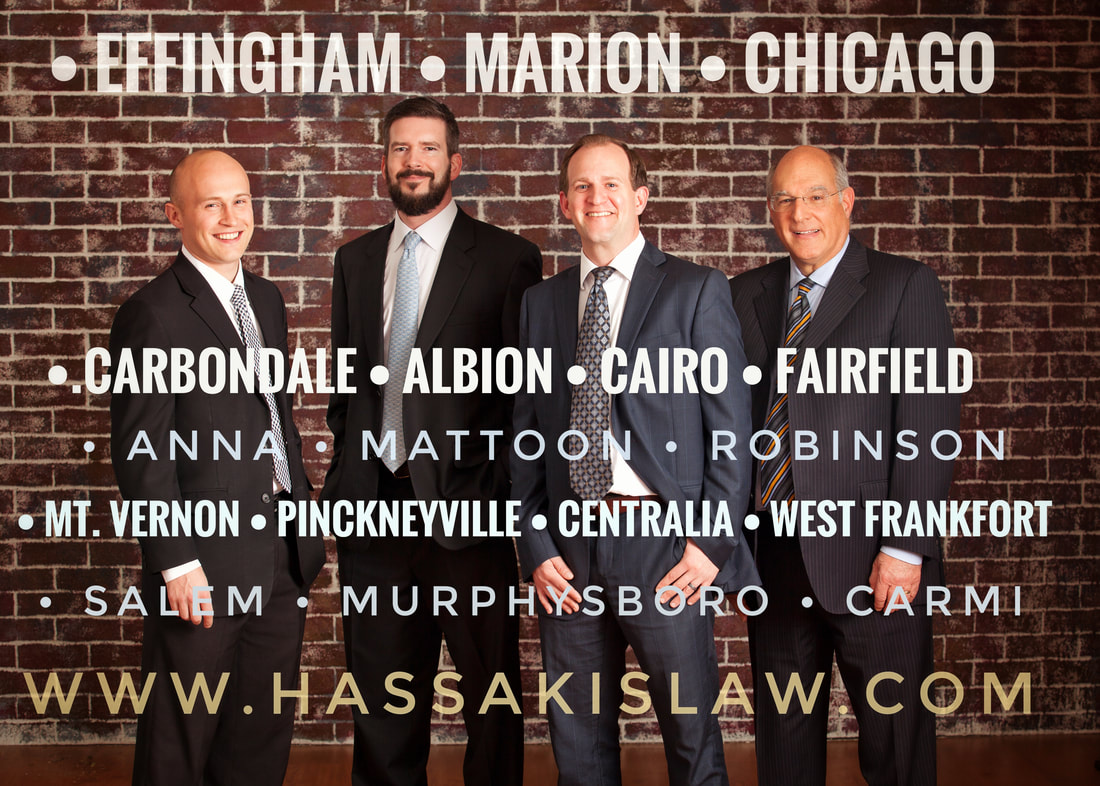|
VERY IMPORTANT FOR ALL ILLINOIS WORKERS!!!!!!!
ILLINOIS WORKERS' COMP UPDATE CONCERNING CORONAVIRUS PANDEMIC Effective April 13, 2020, Illinois changed the law to protect our first responders, healthcare workers and other front line employees that are saving lives, giving aid and keep our families and businesses in supply of their essential needs. If you work in one of the following occupations and contract COVID-19, it will be presumed it was caused by your employment and you will be entitled to the benefits afforded to injured employees under the Illinois Workers' Compensation Act. The occupations are as follows: 1) Police; 2) Fire personnel; 3) Emergency medical technicians and paramedics; 4) All individuals employed and considered as first responders; 5) Health care providers engaged in patient care; 6) Correction officers; 7) Employees of stores that sell groceries and medicine; 8) Employess of food, beverage, and cannabis production and agriculture; 9) Employees of organizations that provide charitable and social services; 10) Employees of gas stations and businesses needed for transportation; 11) Employees of financial institutions; 12) Employees of hardware and supplies stores; 13) Employees of “Critical trades” (This includes Building and Construction Tradesmen and Tradeswomen); 14) Employees of mail, post, shipping, logistics, delivery, and pick-up services; 15) Employees of educational institutions; 16) Employees of laundry services; 17) Employees of restaurants for food consumption off-premises; 18) Employees of businesses that manufacture, sell or supply products needed to work from home; 19) Employees of business the manufacture, sell or supply products for Essential Businesses and Operations; 19) Employees of in the transportation industry; 20) Employees providing home-based care and services; 21) Employees of residential facilities and shelters; 22) Employees in the professional services industry (includes legal, accounting, insurance and real estate); 23) Employees of day care centers that are still allowed to operate under the March 20, 2020 Executive Order; 24) Employees that work in the manufacturing, distribution, and supply chain of critical products and industries (This includes many industries, including pharmaceutical, technology, biotechnology, healthcare, chemical and sanitization, waste pickup and disposal, agriculture and many more); 25) Employees of critical labor union functions 26) Employees of hotels and motels;and 27) Employees of funeral related services. As one can see above, this is a very broad list, and may very likely include your employment position if you continue to work through this pandemic. We encourage anyone that has a question to contact Hassakis & Hassakis, P.C. at (618) 244-5335 as you may be entitled to have your medical expenses paid, income while you are out of work due to illness/quarantine and benefits for permanent injury and/or death. We lastly want to thank all of Illinois' essential employees who are all quite literally risking their life for the benefit of others. We have tremendous respect and the highest amount gratitude for your service.
1 Comment
For the first time in nearly a decade, Illinois is raising its minimum wage. It increases from $8.25 to $9.25 on January 1, and to $15 by 1/1/2025. As of January 1, adults will be able to buy marijuana from local dispensaries, including Mt. Vernon, Effingham, Harrisburg, Marion, and many others. Illinois high schoolers in the top 10% of their class are guaranteed acceptance into NIU, EIU, SIU and WIU. In Illinois, we see signs for construction zones frequently. The maximum penalty for hitting a construction worker now increases to $25,000. Fines for illegally passing a school bus with its stop sign out and lights on just increased to $300 and at least a 3-month drivers license suspension. A second fine increases to $1,000 and even longer time without a license. Slow Down. Move Over. Change lanes and proceed with caution when approaching vehicles on the side of the highway. Fines go up to $10,000.“Everything you’ve ever posted becomes public from today,” reads the oddly worded viral post, which includes inapplicable legalese citing a law applicable to the sale of goods (the Uniform Commercial Code) and a treaty related to trying war criminals. Invoking the International Criminal Court, which handles crimes like genocide, does not change the terms of use you agree to by signing up for a social media account. Like the seasons, some of these internet hoaxes predictably come back around, no matter how many times they have already been debunked. It is a hoax. There is no need to panic or share the post that has been popping up since 2012. Celebrities including Martha Stewart, Usher, Pink, and politicians like Rick Perry, shared posts warning of an alleged upcoming change to Instagram or Facebook's terms of service. The companies are not given broad permissions to use your pictures, messages, and other information, but they do have fine print that you should know about. The company’s trove of data collected from users includes device attributes ranging from their Bluetooth signal strength and device battery level to movements within the app itself. "We use location-related information-such as your current location, where you live, the places you like to go, and the businesses and people you're near-to provide, personalize and improve our Products, including ads, for you and others." Among the language in this week’s viral post is a line forbidding Instagram from doing anything with the photos you share: “With this statement, I give notice to Instagram it is strictly forbidden to disclose, copy, distribute, or take any other action against me based on this profile and/or its contents.” By opening an Instagram account and posting content there, users are giving the company certain permissions to distribute their photos, videos and so on. “We do not claim ownership of your content, but you grant us a license to use it,” reads a section of Instagram’s Terms of Use under the heading “Permissions You Give to Us.” “Instead, when you share, post, or upload content that is covered by intellectual property rights (like photos or videos) on or in connection with our Service, you hereby grant to us a non-exclusive, royalty-free, transferable, sub-licensable, worldwide license to host, use, distribute, modify, run, copy, publicly perform or display, translate, and create derivative works of your content (consistent with your privacy and application settings).” HassakisLaw.comThe Sisterhood of Trauma Survivors held a special event this weekend. The organization held a "Glam Gala" on Saturday, March 16 at the Cedarhurst Center for the Arts in Mt. Vernon. Hassakis & Hassakis, P.C. was proud to be a sponsor for this worthy cause. The night of empowerment included a fashion show, silent auction, food, and live music. The Sisterhood of Trauma Survivors provides support and services for women who have experienced trauma. Administrators coordinate and provide support groups, call support, mental health referrals, legal service referrals, legal education, and advocacy. Here's a summary of social host liability law by The Illinois Liquor Commission -- something parents should know. The unfortunate case discussed below occurred in 2012. The Illinois Supreme Court just published its decision about the 2012 event. David Bogenberger attended a pledge event at the Pi Kappa Alpha fraternity house at Northern Illinois University, where an evening of binge drinking ensued. By the end of the night, his blood alcohol level would reach more than five times the legal limit. David lost consciousness and died during the night. The court described the wrongful death of the 18-year-old college freshman as the result of an evening of “vodka-laden hazing.” The blood alcohol level of the student reached 0.43. The student’s father alleged that the fraternity required prospective pledges to attend an event called “Mom and Dad’s Night.” The event revolved around a theme of each pledge traveling from room to room in the house to learn the identity of his “Greek Mother and Father.” In seven different rooms, a fraternity member and a sorority member directed the young men to drink vast quantities of vodka. The deceased young man's father alleged that the goal of the mandatory event in the fraternity was for the pledges to drink several four-ounce cups of vodka until they could not walk straight. The pledges who began to lose consciousness were placed in designated beds and periodically checked to make sure they were positioned so they would not choke if they vomited. Some of the fraternity members instructed others not to call 911. As a general rule in Illinois, there is usually no liability for the social host of an event where alcohol is served. The trial court followed the general rule and found no liability. The general question is whether the host of an event involving alcohol has a duty with respect to the alcohol consumed and the actions of a person who becomes intoxicated. The Illinois Appellate Court reversed the County Court's decision, and the Supreme Court then rendered an interesting decision. We have long recognized that every person owes a duty of ordinary care to all others to guard against injuries which naturally flow as a reasonably probable and foreseeable consequence of an act, and such a duty does not depend upon contract, privity of interest or the proximity of relationship, but extends to remote and unknown persons. Citing Illinois’ hazing statute, 720 ILCS 5/12C-50, the court discussed the difference between merely hosting a party with alcohol -- and the required consumption of alcohol in the context of hazing. The court cited Illinois appellate decisions rejecting attempts to hold universities liable for harm imposed on one student by another student. The court also noted decisions of other states addressing the liability of national fraternity organizations, such as a case from the Supreme Court of Kentucky, in which the court determined such organizations do not have sufficient resources to be in a position to monitor and control their local chapters’ activities. However, the active fraternity members participated in the event and made poor decisions to not seek medical intervention after the decedent became unconscious. Hazing is not only against the law in Illinois, it is against the University’s rules and the Pi Kappa Alpha fraternity’s rules. As such, the court found that a jury, rather than a judge, should determine whether the fraternity members and NIU Chapter breached their duty of care owed to the pledges. Although finding the issue more difficult as to the sorority members, the court again referred to their active participation in the event. Since this was in violation of the Illinois Hazing Statute, the fraternity and sorority members could all potentially be held liable for the death. The full case: BOGENBERGER, v. PI KAPPA ALPHA CORPORATION, INC. In Illinois, the Social Host Law holds adults accountable for underage drinking that occurs in the home.
• If you allow or host a party at your house and provide alcohol to people under age 21 (or if you know or should have known that they are drinking alcohol), you may be guilty of a Class A misdemeanor. This may result in a fine. Note that you can be held responsible whether you provide the alcohol or not, AND whether you are home or not. • If a minor who was drinking at your house injures or kills someone, you may be guilty of a Class 4 felony. This could result in both a fine and/or jail time. • You will not be guilty of violating the law if you request help from the police to help remove the underage drinkers and stop the gathering. This only holds if you call the police — you are not off the hook if the police show up after a complaint from a neighbor, and you pretend to thank the police for their help.  2017 Harvest Season IS ON!!! Please slow down and share the road with our local farmers. Since they give us meals every day, we can give them a few extra minutes of our time on the road. Over the next 15 days in Southern Illinois, we'll have temperatures between 40 and 86 degrees. Welcome to the Heartland!!! We were happy to be a sponsor of the Mt. Vernon Fall Fest this year, and hope you enjoyed indulging in nostalgic fair food like corn dogs, funnel cakes and lemon shakeups. Thanks to the Jefferson County Chamber of Commerce and all who worked to make this event a huge success! True, lemon yields are expected to be nonexistent in Illinois this year. But think about where the ingredients in those delicious corn dogs and funnel cakes came from... Our farmers feed us daily. We can return the favor by being patient and cautious on the roadways. Unfortunately, some Illinois farmers are likely to have crops harmed by the volatile herbicide, Dicamba. The manufacturer of this product may have been a little off when they told the public that their chemical would stay on the target crop. We hope our neighbors have not been affected by Dicamba. Be on the lookout for SLOW MOVING vehicles this harvest season. www.HassakisLaw.com (800) 553-3125 @HassakisLaw If you get injured at work, your employer turns your injury over to their worker's compensation insurance company. Did you know that worker's compensation insurance companies have a team of attorneys working for them? These attorneys do not work for you. They work to protect your employer and the insurance company's best interests...and wallet. Many injured workers blindly follow the advice and direction of the insurance companies and their attorneys. Don't let this be you. By contacting an attorney that knows workers' compensation law, you are leveling the playing field by having an advocate in your corner. Your income and your livelihood are at stake. This may come as a surprise: Insurance companies have a business model where they like to take insurance premiums . . . but when it comes to paying claims, they do not like to write big checks. It's true. Corporations in business for a profit have a very strong preference for minimizing the amount of money that goes out the door. Believe it. You may have questions: When do you have to give notice of an injury? What is the statute of limitations for filing a claim? Does filling out the injury report at work count as filing a claim? How do you find the right doctor? What documents need to be preserved? Can you trust the insurance company's claim's department? How soon can you get back to work? Is it necessary to look for another job? How do you find the best lawyer in your area?
You have a limited time to contact an attorney after any injury.
Hassakis & Hassakis has been in business since 1950. We thank our clients for reaching out to us, and we are happy to help in your time of need. www.HassakisLaw.com (800) 553-3125 www.HassakisLawyers.com It will be here soon, and there are things you need to know.
The Illinois law firm, Hassakis & Hassakis, P.C. concentrates on all types of personal injury, workers’ compensation and medical malpractice litigation. Our lawyers have been providing client-centered legal services to our neighbors since 1950. In every case that we handle...
Recent changes in the Illinois Workers’ Compensation Act have created new issues and challenges for injured workers. The stated intention of the changes is to make the program more efficient and flexible, but that may not be the case. The changes are significant enough that the many workers will not be aware of their new options and requirements for compliance with the law. The changes in the law make it more important than ever to contact an experienced Illinois workers’ compensation attorney.
Before the new changes, the employer was responsible for all first aid and emergency services, two treating doctors of the employee's choice and any additional providers to which the employee is referred by the two treating doctors. That is no longer the case. The new law establishes Preferred Provider Programs (PPP). This affects how employees select their own treating medical providers. The amendments to the existing law also change the employer’s role in providing first aid and emergency service, as well as the two treating doctors. The options employees have are largely dependent on whether the employer is enrolled in a Preferred Provider Plan. Since the employee has more choices, it is important to understand what each situation means for treatment. If the employer IS enrolled in a PPP, a worker must make a decision to opt in or out of that program. Employees choosing to participate will have the choice of up to two doctors from the listed medical providers and the providers they may recommend. Those employees opting out of their employer’s PPP are limited to selecting only one doctor and the providers that doctor may recommend. If the employee opts out of the program, he/she is limited to only one doctor of choice and any providers the worker is referred to by that doctor. In essence, the choice to opt out of the program will be considered one of the employee's two "choices" of doctor. If the employer IS NOT enrolled in a PPP, workers can select up to two doctors for medical treatment as well as the providers those doctors may recommend. A workers’ compensation attorney who has carefully studied these new changes will point out that emergency care and first aid does not count against the number of doctors allowed. At the same time, non-emergency care by a doctor may eliminate the opportunity to choose another provider. Employees retain the right to see a third doctor, but the employer has no obligation to pay that provider, and it may be left to the employee to cover that expense. Additional amendments to the Act cover a number of areas related to the benefits and means by which they are adjudicated. This includes how permanent disability is determined, giving more reason to retain an experienced Illinois workers’ compensation attorney. Other changes to the Act:
Hassakis & Hassakis, P.C. - Since 1950 - www.HassakisLaw.com |





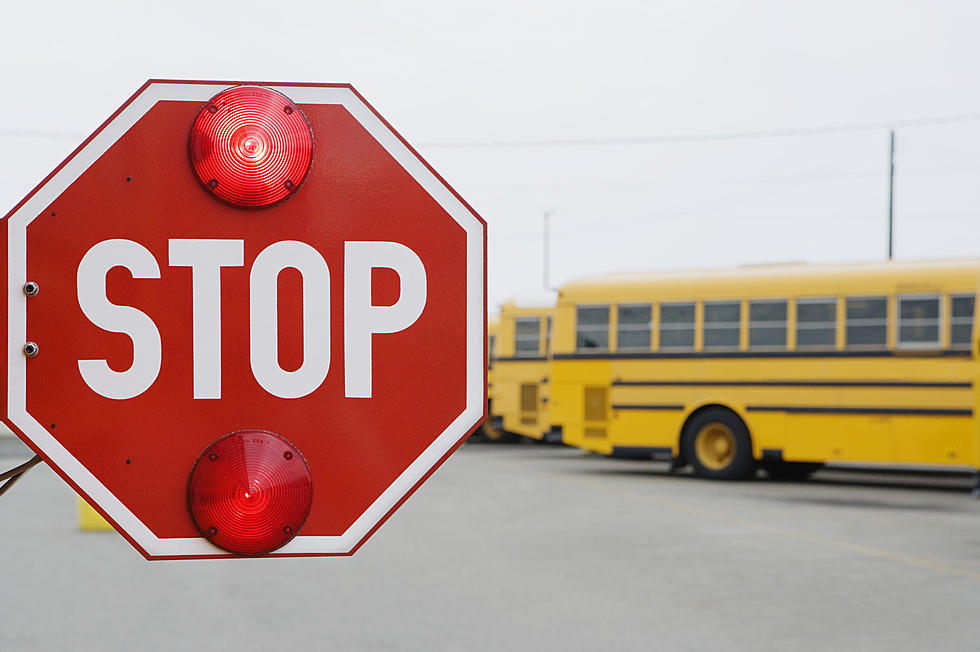
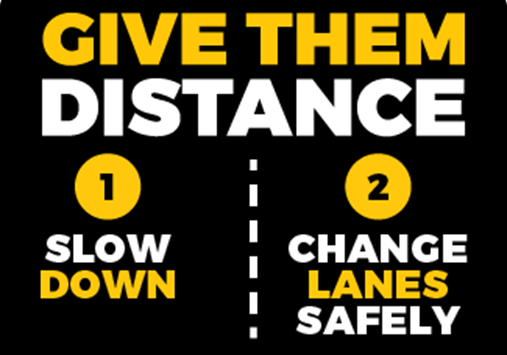
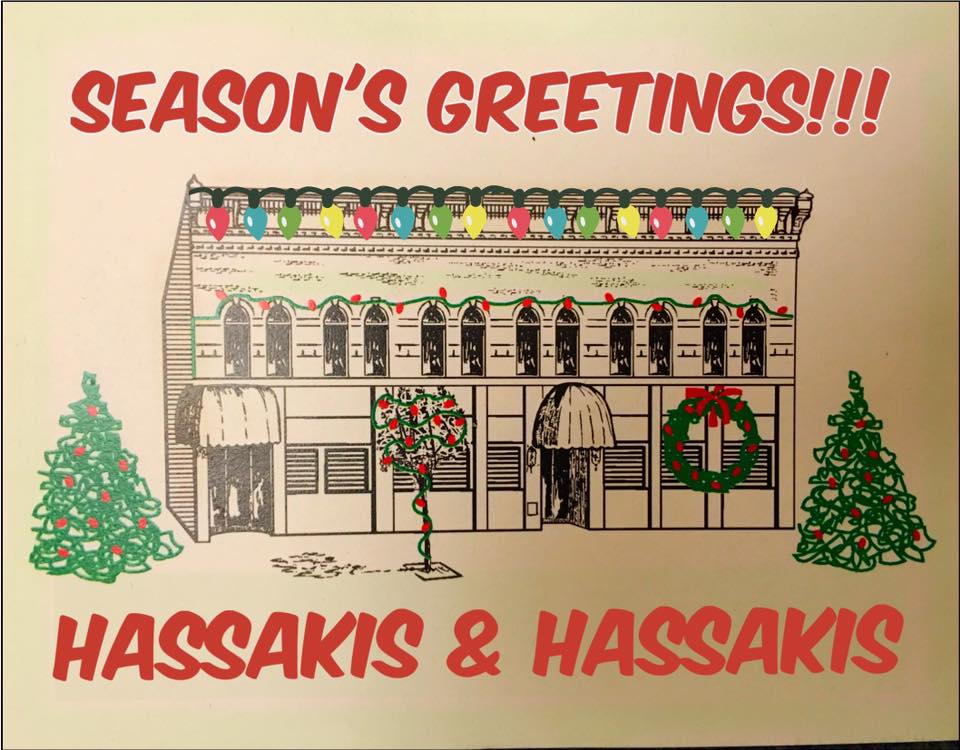
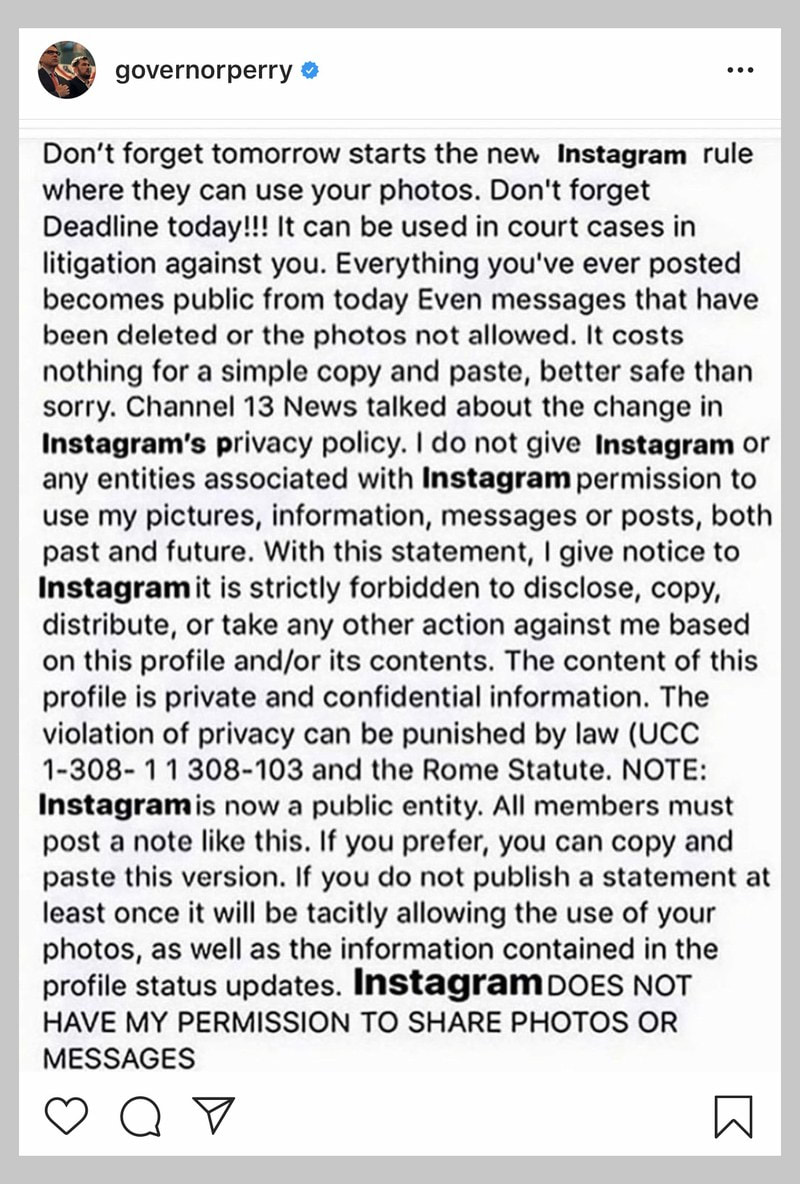

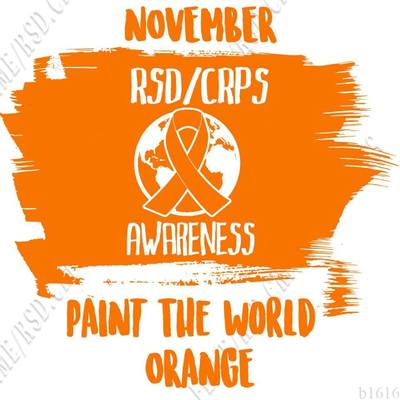
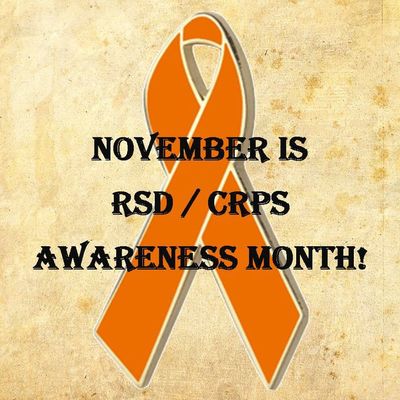
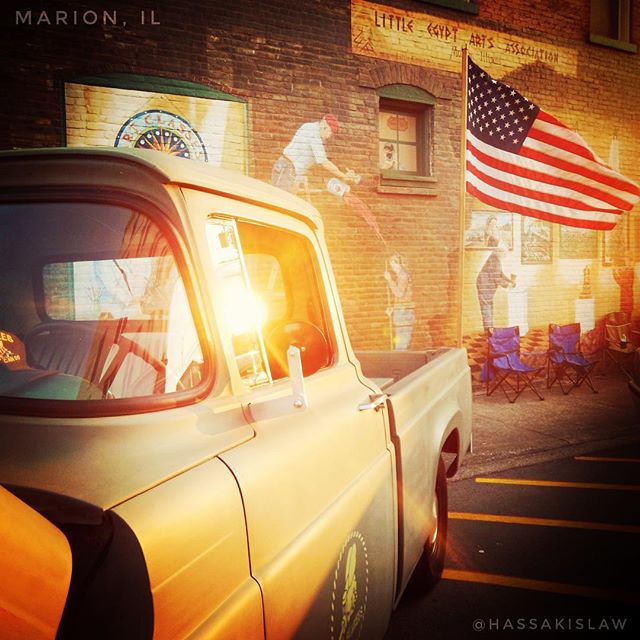

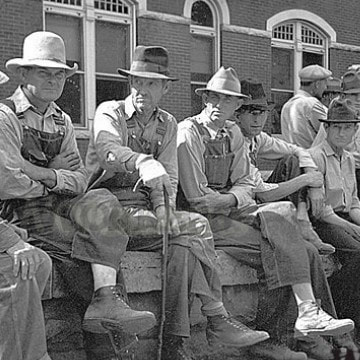
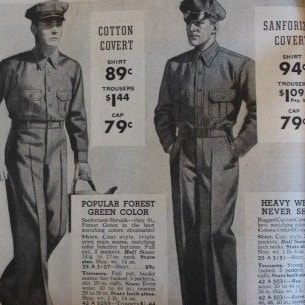
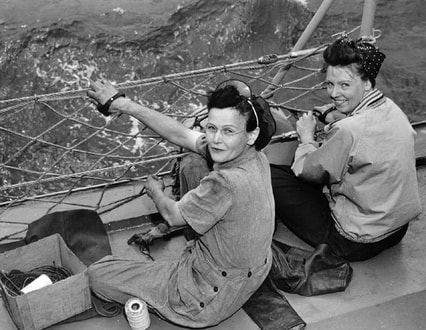
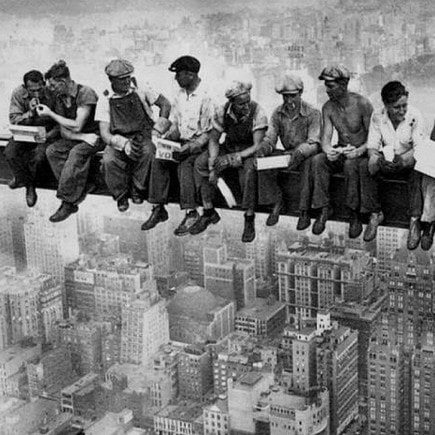
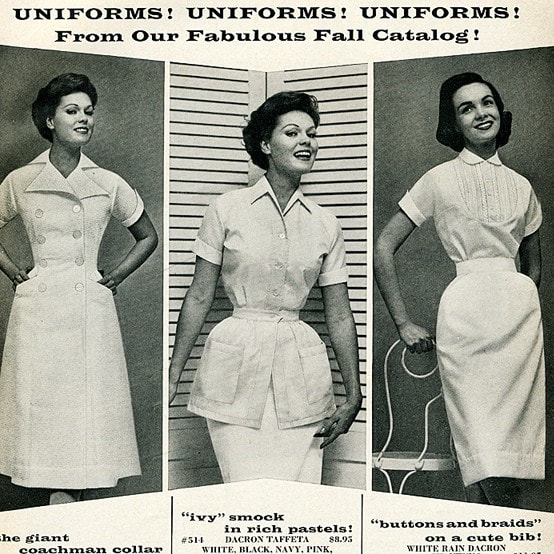
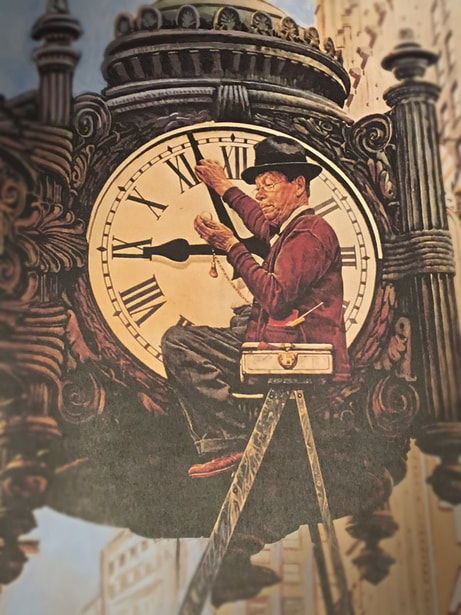
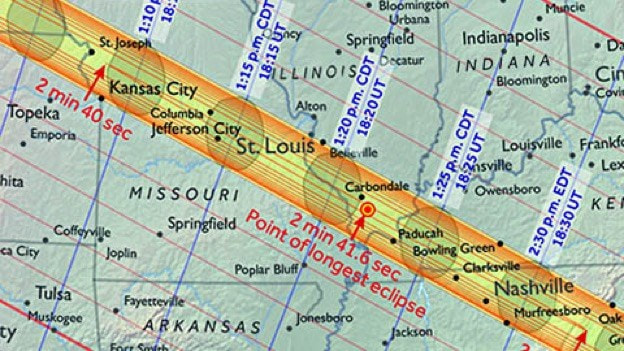
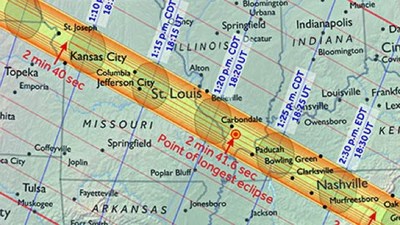


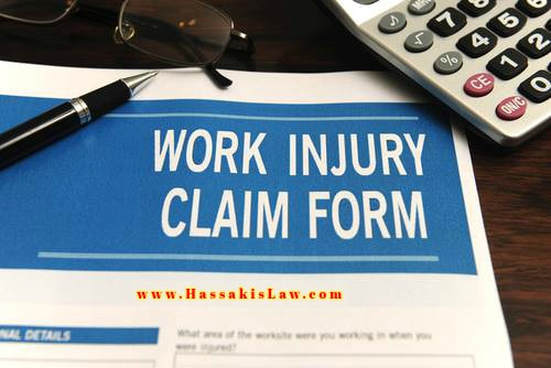
 RSS Feed
RSS Feed
